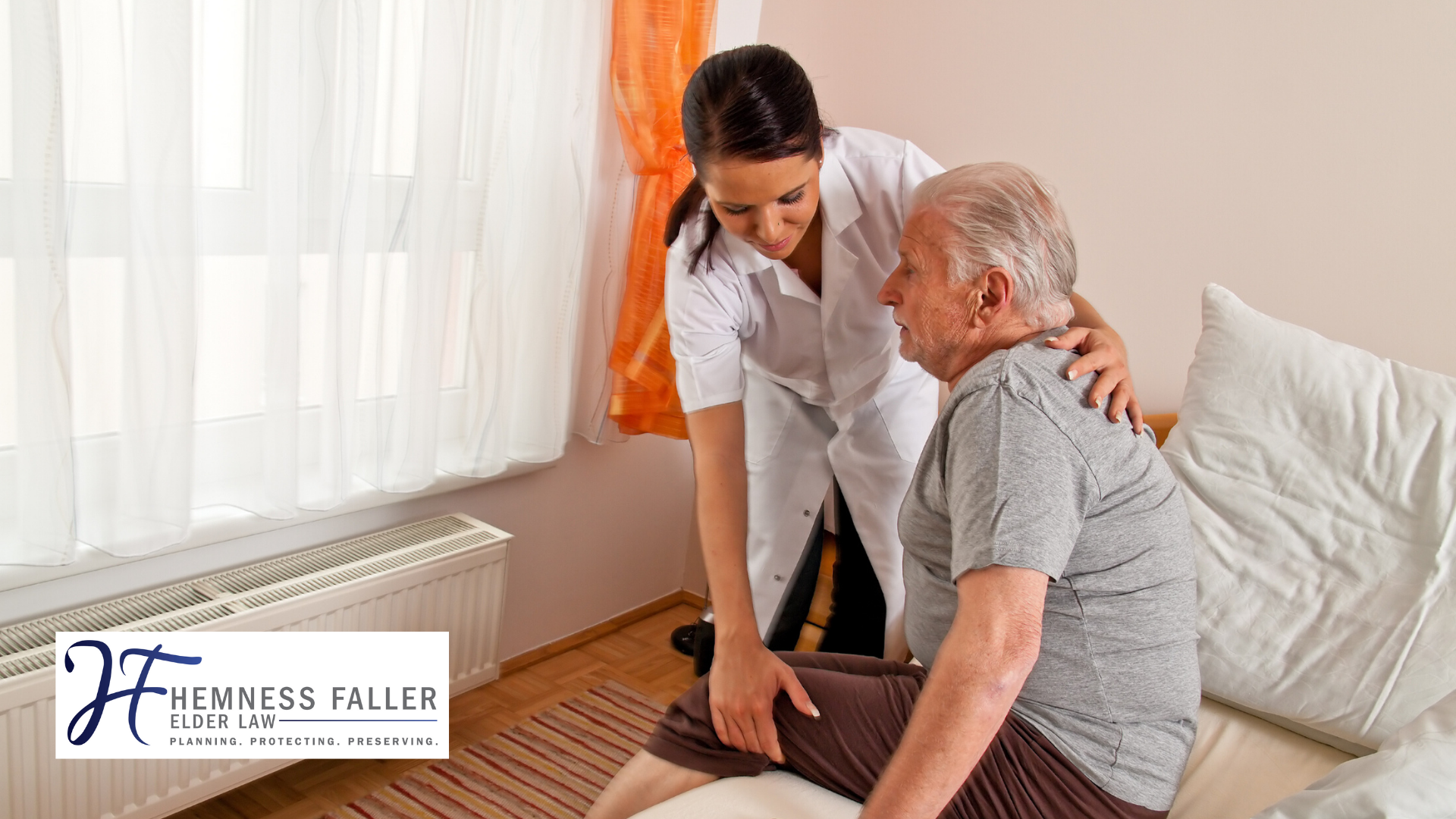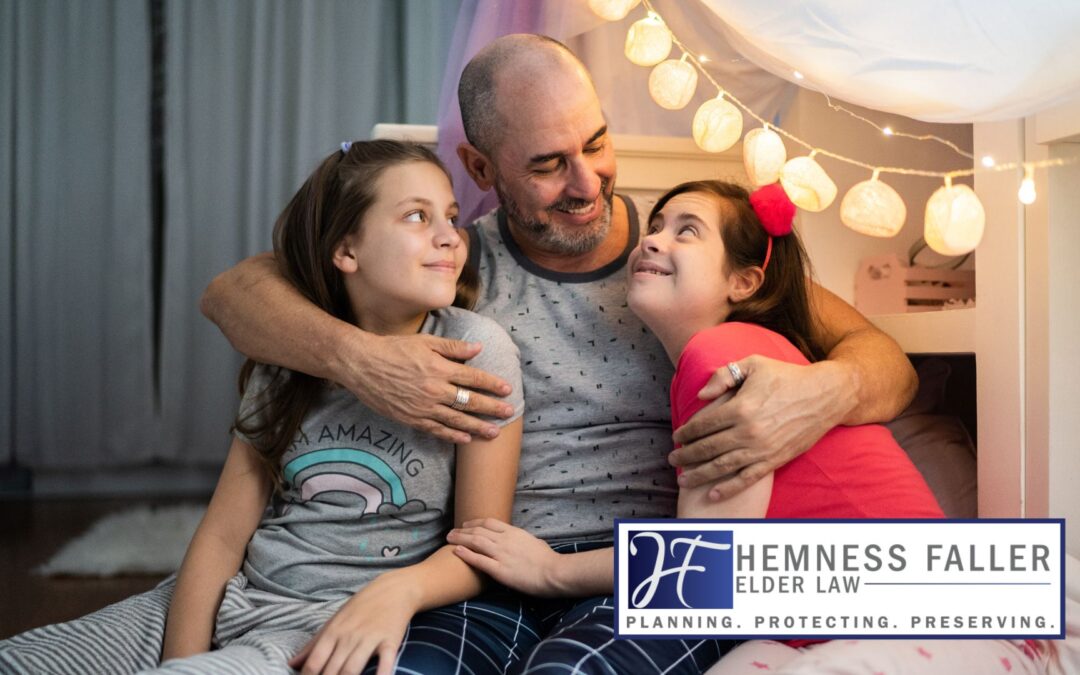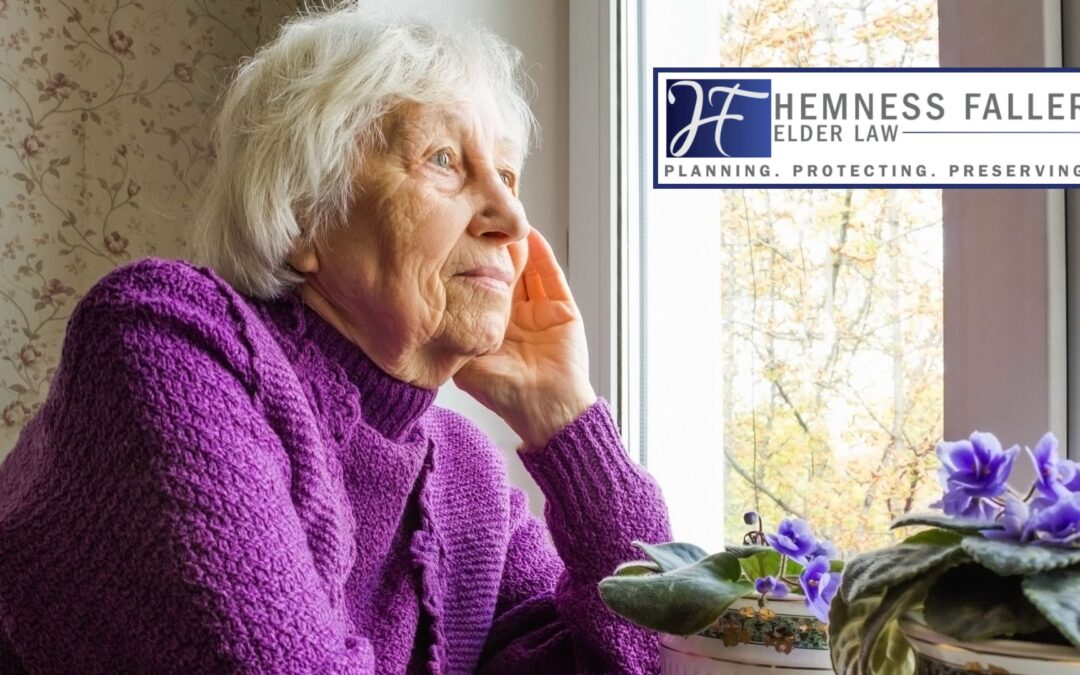Bedsores are painful injuries that if left untreated, or if there is a delay in care, can easily become infected and cause serious health problems, even death. In fact, sepsis, gangrene, bone and joint infection, and amputations are some of the worst-case conditions resulting from bedsores.
Perhaps the most troubling part of all is that they’re almost completely avoidable.
Bedsores are caused by sustained pressure to the skin, and usually occur where bone and skin are in close contact, such as the elbows, hips, ankles and along the spine. Older Americans, particularly those who struggle with mobility issues, are at the highest risk. With the increased number of seniors with mobility issues in long-term care facilities, nursing homes can be a likely setting for this to occur.
According to the federal Centers for Disease Control, (CDC), as many as 1 in 10 nursing home residents suffers from bedsores. Other research suggests that nearly one-in-four nursing home residents has suffered from bedsores to some degree.
There are four stages of bedsores:
Stage 1 – Involves itchy, red skin. Treatment is relatively simple, and more frequent movement and repositioning will be required.
Stage 2 – Visibly open sores. For example, a blister with surrounding discoloration.
Stage 3 – Painful, deep ulcers that have seeped into muscle tissues. This requires immediate medical attention when discovered.
Stage 4 – Muscle, bone and other tissues are seriously infected. If left untreated, this could prove fatal.
Adult family members should know that nursing homes are obligated to address bedsores, and have treatment protocols and care procedures in place.
Tending to Stage 1 and Stage 2 injuries can be followed by an assessment of what caused them, as well as a plan to increase attention to bodily movements, hydration and diet. Stage 3 and Stage 4 injuries, however, may need to be medically treated immediately, and are almost assuredly signs that some measure of neglect has been occurring. Neglect is totally unacceptable, and can qualify as a form of elder abuse.
Elder nursing home residents are entrusted to their caregivers, and as such are owed a legal duty to be reasonably protected. While not always the case, long periods of immobility resulting in bedsores may be a violation of that duty. We know this article may raise more questions than answers. Please do not wait to contact our office to talk to us about your elderly loved one.






